One travels more usefully when alone, because he reflects more
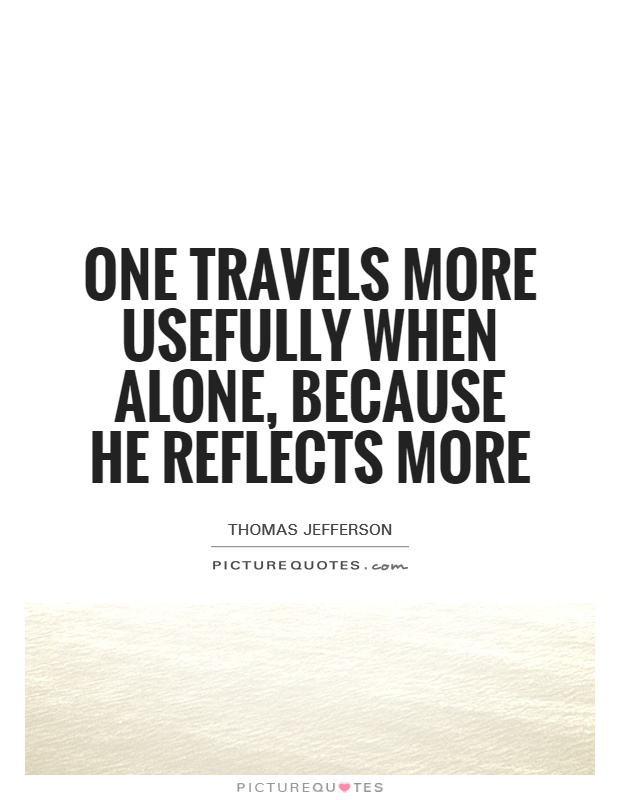
One travels more usefully when alone, because he reflects more
Thomas Jefferson, one of the founding fathers of the United States, was a man who valued solitude and reflection. He believed that one could travel more usefully when alone because it allowed for deeper introspection and contemplation. Jefferson was known for his love of travel and exploration, often embarking on journeys both within the United States and abroad. However, he also understood the importance of solitude in order to truly absorb and reflect on the experiences he encountered.Jefferson's belief in the value of solitude can be seen in his personal habits and routines. He often spent hours alone in his study, reading and writing, and he was known to take long walks by himself to clear his mind and think deeply about important issues. Jefferson believed that solitude allowed him to connect with his inner thoughts and emotions, enabling him to make better decisions and gain a deeper understanding of the world around him.
One of the most famous examples of Jefferson's belief in the power of solitude is his time spent at Monticello, his estate in Virginia. Monticello was not only a place of physical solitude for Jefferson, but also a place where he could retreat from the distractions of the outside world and focus on his thoughts and ideas. It was here that Jefferson wrote the Declaration of Independence, a document that would shape the course of American history.

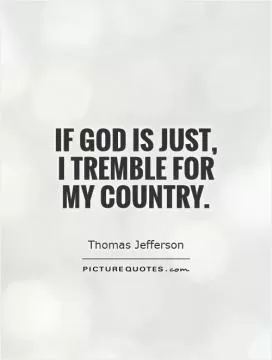


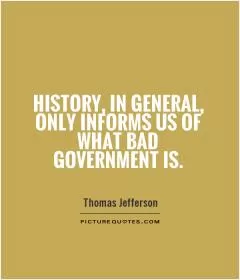
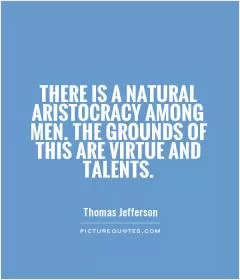

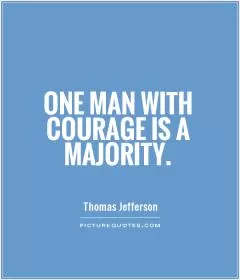
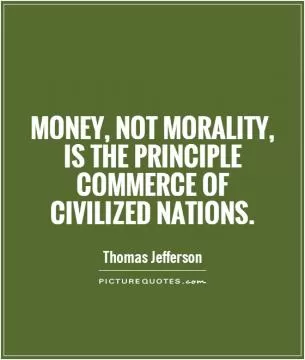
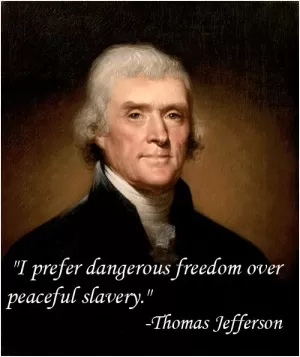
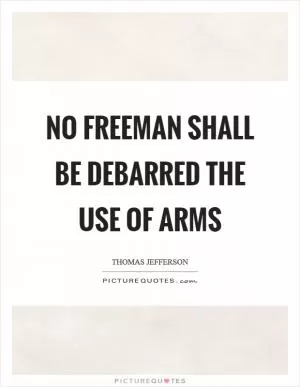
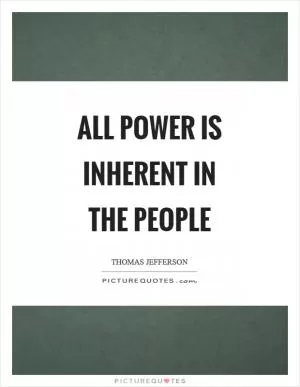
 Friendship Quotes
Friendship Quotes Love Quotes
Love Quotes Life Quotes
Life Quotes Funny Quotes
Funny Quotes Motivational Quotes
Motivational Quotes Inspirational Quotes
Inspirational Quotes